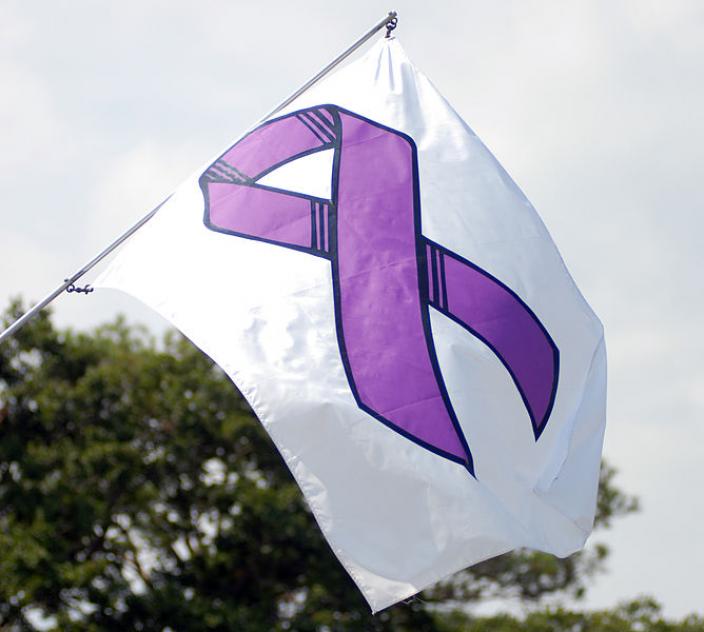
I grew up as a classical Reform Jew. My parents attempted to consolidate my father’s Orthodox background with my mother’s Reform Judaism. That translated to my brother going to the shul while I was sent to the Temple. His Bar Mitzvah was Orthodox; my 1961 Bat Mitzvah was at the Temple (the first one in its long history). I also went to a summer camp where I learned many songs and blessings that the Conservative owner led on Friday nights. I guess you could call me a Jewish mutt, but I prefer thinking I had the best of all worlds!
There were, however, many observances and customs with which I, as an adult Jew, was completely unfamiliar. For example, my parents used the thin grey Reform Union Haggadah so I never ritually washed my hands or dipped wine from my pinky for the plagues. I didn’t don a tallit until I chanted Torah at the 2005 Assembly when I was installed as the WRJ President. And growing up, I had never heard about counting the Omer. I am so grateful for being exposed to adult Jewish education that has enlightened my mind, my heart and my soul.
I really, really like counting the Omer. I like stopping time and making myself thoughtfully quiet. What exactly do I do to count the Omer? Starting the second night of Pesach through to Shavuot, I tie a ribbon on my Omer counter. Every night for the 49 nights (7 weeks), I tie on another ribbon. I say a blessing and take an accounting of myself – who am I, why am I doing this, what does it mean to me, what can I do better tomorrow? On any given day, I might ask different questions about the week’s focus on one of seven attributes.
Rabbi Karyn Kedar’s book Omer: A Counting, along with other readings and my ribboned Omer counter, make me mindful. I realize that mindfulness is the current buzz phrase for paying attention and living in the moment. But we Jews, especially the Kabbalists, have been eschewing mindfulness for centuries. In Emor, our Torah portion for the week, we learn the scheduled times for holidays, providing this luxury of relating your life to time rather than place. When does Pesach fall? Is Rosh Hashana early or late? What will this Shabbat bring? I love that my Jewish clock regulates my life. And remember, nowhere does Torah restrict your being mindful to only 49 days… Shavuot actually comes any time after 50 days. So if you missed the beginning, start now and try it!
There are actually goals to aspire to – chesed or kindness, gevurah or strength and empowerment, tiferet or beauty, netzach or infinity, hod or gratitude, yesod or foundation, and malchut or ‘kingship’ which I interpret to mean bringing harmony and peace to the world. Each week is devoted to one aspiration. Don’t feel overwhelmed. Just beginning to think about what is important and how to achieve that inner peace is the goal.
Consider making today the day you begin to count your days. Be mindful…said Adonai. And so we are taught through taking time each day to count the Omer, to breathe and contemplate the best in each of ourselves.
Rosanne M. Selfon, is a WRJ Past President. She previously has served as the WRJ Centennial Chair and chaired The Torah: A Women’s Commentary, published by WRJ in partnership with the URJ Press in 2008. She has been a member of the WRJ Board of Directors since 1987.
Related Posts

Parashat Yom Rishon shel Rosh HaShanah

Cultivating a Culture of Accountability and Belonging

